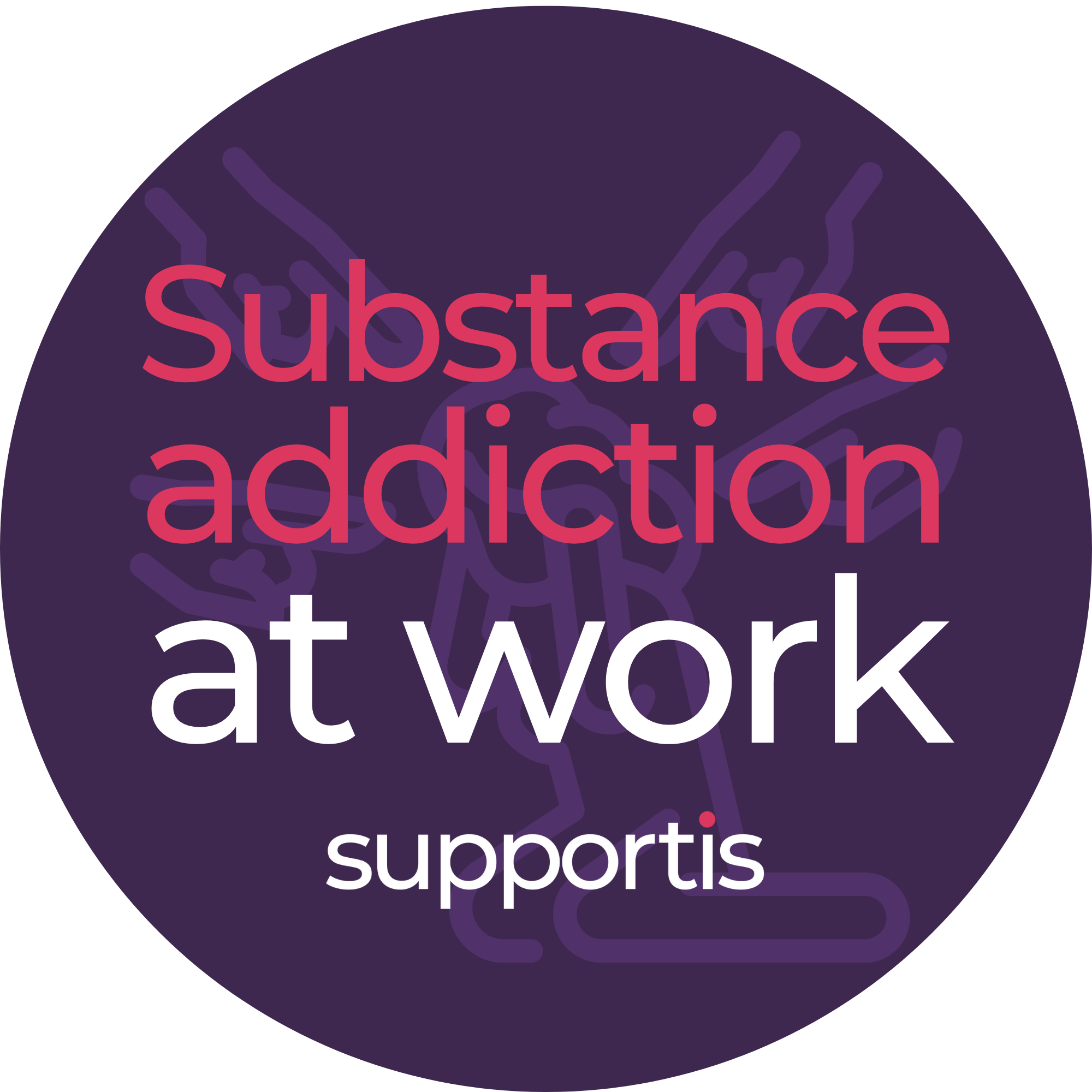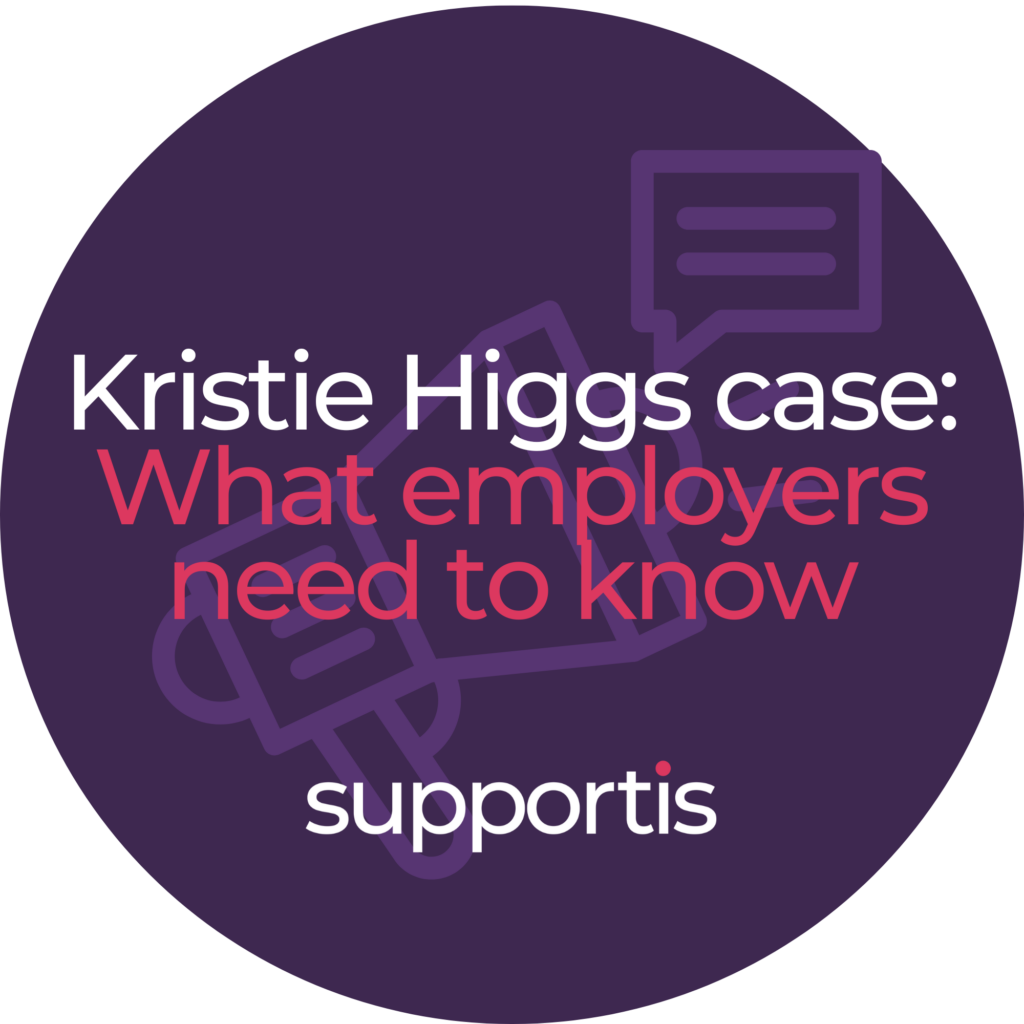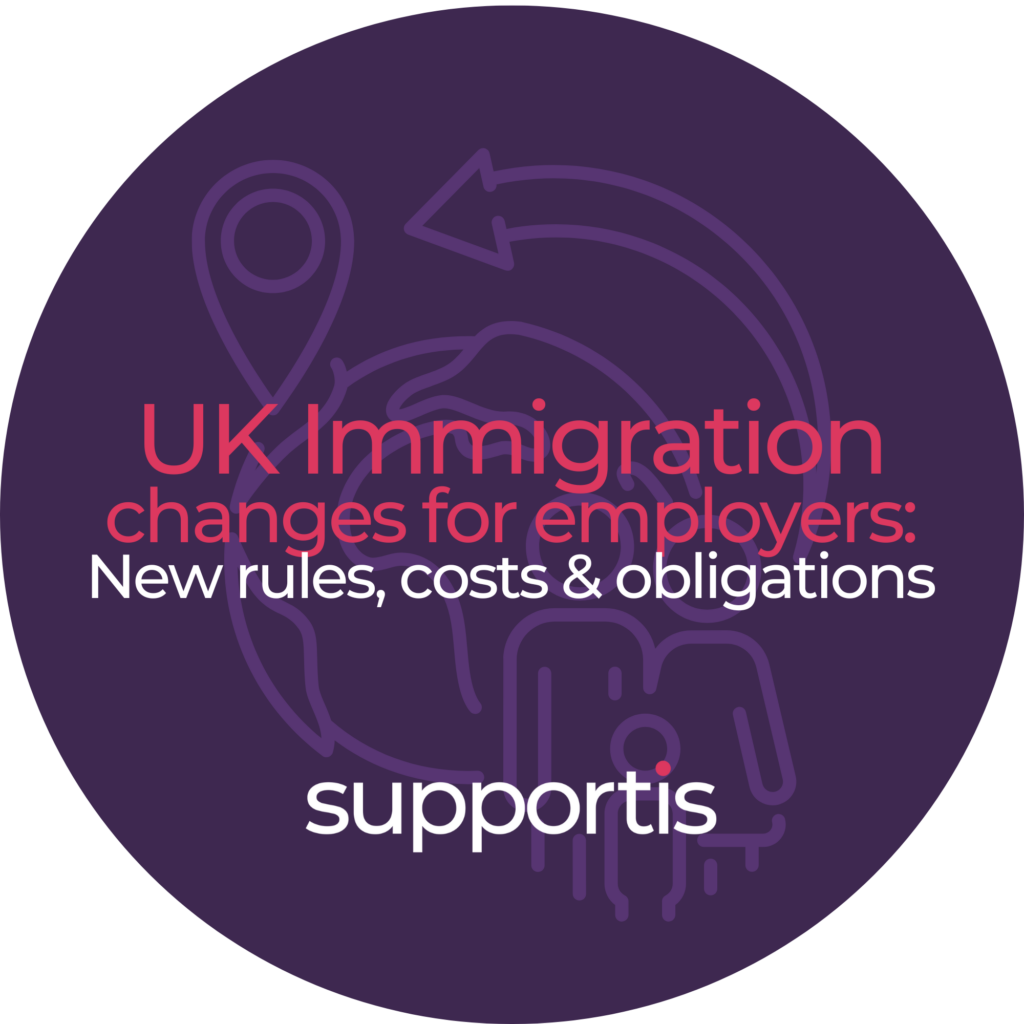A new survey paints a concerning picture: one in three UK employees (34%) admit to either engaging in or witnessing substance use or other addictive behaviours during work hours. This stark statistic, revealed by a Bupa poll of 1,503 employees and 1,500 employers, highlights a significant and growing challenge for businesses across the country. More than half of all employees surveyed (57%) confessed to struggling with some form of substance abuse or addiction, ranging from common issues like alcohol (15%) and gambling (14%) to recreational drugs (7%), social media, prescription medication, and even cryptocurrency trading.
These findings are not isolated; they align with national addiction treatment figures, which have reported a substantial surge in individuals seeking support. Between April 2023 and March 2024, over 310,000 adults engaged with drug and alcohol treatment services – a 7% increase on the previous year and the highest number since 2009.
The Pressures Behind the Problem: Why Addiction is Rising in the Workplace
The Bupa survey sheds light on the triggers behind this concerning trend. Almost half of employees (48%) cited turning to addictive behaviours as a coping mechanism for professional stress. Work-related pressure was a contributing factor for 46%, and for a significant two in five (40%), the very workplace culture itself played a role in fuelling these behaviours. This suggests a systemic issue, where the demands and environment of work can inadvertently contribute to employees developing or exacerbating addictive habits.
Employers are noticing the impact too. Nearly half (49%) reported an increase in addiction-related issues among their workforce in the past year alone. This translates into tangible business consequences: 44% of employers observed performance issues, and 33% recorded a higher level of absenteeism. Similar to employees, business leaders frequently attributed these issues to mental health challenges (42%) and personal difficulties (42%).
Breaking the Silence: Tackling Stigma and Fostering Support
Despite the undeniable prevalence of addiction, a significant barrier to support remains: stigma. A staggering 45% of employees would rather conceal an addiction than discuss it at work. Furthermore, 43% admitted to avoiding professional help altogether due to a fear of workplace repercussions, and more than half (51%) believed stigma actively prevents colleagues from seeking the assistance they need.
Dr Robin Clark, Medical Director at Bupa UK Insurance, underscores this point: “It’s clear that addiction is a taboo topic in the workplace, this is often due to the stigma, lack of understanding and the fear of repercussions at work.” He highlights the stark reality of the issue, noting that Bupa has processed over 26,000 claims related to different addictions in the last five years alone.
Dr Clark’s message to employers is clear: “While businesses acknowledge the growing scale of the issue, it’s important they create a culture where people can feel supported and comfortable opening up about what they’re going through and have access to confidential services to help them get treatment when they need it. If they don’t, they run the risk of not being able to retain valuable talent.”
Employment Law and HR: A Framework for Responsible Employer Action
For UK employers, addressing substance addiction in the workplace requires a delicate balance of support and compliance with employment law.
Understanding Your Duty of Care and Legal Obligations
Employers have a duty of care to ensure the health, safety, and welfare of their employees. This extends to addressing issues like substance abuse that can impact an employee’s wellbeing and their ability to perform their job safely. The Equality Act 2010 is also highly relevant, as addiction, particularly if it is a long-term condition with a substantial adverse effect on daily activities, could be considered a disability. This means employees suffering from addiction may be protected from discrimination, and employers may have a duty to make reasonable adjustments to support them.
Developing a Clear Workplace Substance Abuse Policy
A robust and clearly communicated workplace substance abuse policy is fundamental. This policy should meticulously outline clear statements on prohibited substance use during work hours or on company premises, detail the disciplinary process for breaches of the policy, and provide full information on available support services, such as Employee Assistance Programmes (EAPs), counselling, or occupational health referrals. It must also offer assurance that personal information will be handled confidentially and, if drug and alcohol testing is to be implemented, the policy must clearly state the circumstances under which it will occur (for example, for safety-critical roles, ‘for cause’ testing, or random testing), while adhering strictly to legal and ethical guidelines.
Offering Support, Not Just Sanctions
The survey findings strongly suggest that punitive approaches alone are insufficient. Employers should prioritise creating a supportive environment where employees feel safe to come forward. This can include providing access to Employee Assistance Programmes (EAPs), which offer confidential counselling and support services for a range of personal issues including addiction. Utilising occupational health professionals is also crucial for assessing an employee’s fitness for work, recommending adjustments, and guiding treatment pathways. Where appropriate and safe, considering flexible working arrangements, such as temporary adjustments to working hours or duties, can accommodate treatment or recovery. Furthermore, training for managers is essential, equipping them with the skills to recognise the signs of addiction, approach the conversation sensitively, and signpost employees to appropriate support without breaching confidentiality.
Navigating Performance Management and Disciplinary Procedures
While support is crucial, employers also have a right to manage performance. If substance abuse impacts an employee’s work, the situation should be handled through standard performance management or disciplinary procedures, but with careful consideration of the underlying addiction. It is vital to ensure any disciplinary action follows a fair and transparent process, allowing the employee to present their case and be accompanied. Employers must investigate thoroughly, distinguishing between a one-off incident and an ongoing addiction, and investigating the root cause of performance issues. Before dismissing an employee, especially if addiction is a factor, employers should consider all reasonable alternatives to dismissal, such as a formal warning, a structured support plan, or a ‘last chance agreement’ linked to engagement with treatment, as unfair dismissal claims are a real risk if due process is not followed and genuine support is not considered.
Maintaining Confidentiality and Data Protection
Strict adherence to GDPR and data protection principles is essential when handling sensitive information about an employee’s health or addiction. Information should only be shared on a ‘need-to-know’ basis and with the employee’s explicit consent where required.
In conclusion, the rise of addiction in the workplace is a silent epidemic that demands proactive and empathetic responses from UK employers. By fostering a culture of support, implementing clear and legally compliant policies, and prioritising employee well-being, businesses can not only mitigate performance and attendance issues but also retain valuable talent and contribute to a healthier, more productive workforce. Ignoring this challenge is no longer an option.
How can we help?
Navigating the complex landscape of employment law, particularly concerning the rising challenge of workplace addiction and the legal nuances it presents, can be daunting for employers. To ensure your HR and employment practices remain legally compliant and your workforce receives the appropriate support, expert guidance is invaluable. Don’t hesitate to contact Supportis on 0161 603 2156, or at [email protected].




